Hydroxychloroquine study retracted after years of controversy
Dutch publisher Elsevier said methodological concerns and questions about the paper’s conclusions led to its withdrawal.
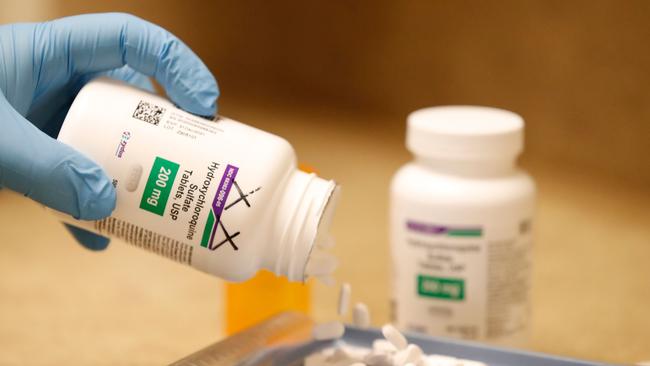
A controversial study that presented hydroxychloroquine as a possible treatment for COVID-19 has been retracted from the scientific journal where it was published in the early days of the coronavirus pandemic.
“Concerns have been raised regarding this article, the substance of which relate to the articles’ adherence to Elsevier’s publishing ethics policies and the appropriate conduct of research involving human participants, as well as concerns raised by three of the authors themselves regarding the article’s methodology and conclusions,” the paper’s publisher said in a statement posted to its website.
Of the 36 participants – a small sample size for a clinical trial – 20 had tested positive for COVID-19. They were given 600mg of the antimalarial drug hydroxychloroquine, and some were also treated using the antibiotic azithromycin.
The authors concluded hydroxychloroquine was “significantly associated with viral load reduction/disappearance in COVID-19 patients”, and they said those outcomes improved further when azithromycin was also part of their treatment plan.
But the Dutch publisher said on Tuesday methodological concerns and questions about the paper’s conclusions led to its withdrawal.
Hydroxychloroquine is an anti-malaria drug used to treat the disease in adults and older children.
It exploded into the public consciousness when it was promoted by then-President-elect Donald Trump as a possible preventive measure and treatment for COVID-19.
With almost 4000 citations recorded on the open-access academic literature platform ScienceDirect at the time of writing, the International Journal of Antimicrobial Agents paper is one of the most-cited ever to be retracted, according to Retraction Watch.
The paper has been widely criticised by members of the scientific community since its publication, many of whom said the sample size was too small and the turnaround between approval, recruitment and publication was too fast.
One letter to the editor also raised concerns about a potential conflict of interest, because one of the authors of the study was also editor-in-chief of the journal at the time.
Other studies subsequently conducted into the efficacy of hydroxychloroquine for COVID-19 largely failed to produce any meaningful results: National Institutes of Health research showed the drug carried no treatment benefits, and a peer-reviewed study published this year found people who took it were 11 per cent more likely to die from the virus.
Three of the paper’s authors also said they no longer wanted to be associated with it due to concerns about the way results had been interpreted and presented.
“Author Prof Valérie Giordanengo informed the journal that while the PCR tests administered in Nice were interpreted according to the recommendations of the national reference center, it is believed that those carried out in Marseilles were not conducted using the same technique or not interpreted according to the same recommendations, which in her opinion would have resulted in a bias in the analysis of the data,” the statement said.
“This raises concerns as to whether the study was partially conducted counter to national guidelines at that time.”
There were also questions about ethical approval for the study.
“The journal has been unable to confirm whether any of the patients for this study were accrued before ethical approval had been obtained,” Elsevier said.
Ethical approval is given by an ethical review board when researchers have demonstrated the research is scientifically sound, with participants generally recruited thereafter.
“The ethical approval dates for this article are stated as being 5th and 6th of March, 2020 … while the article states that recruitment began in ‘early March’.”
One of the 18 authors of the paper confirmed recruitment began on March 6.
The investigation was unable to determine if patients could have been enrolled in the trial with enough time for their results to appear in the paper, which was published on March 20.
It also wasn’t clear to the investigators if the patients had been hospitalised prior to their enrolment, or if they should have given informed consent to be treated with azithromycin in addition to hydroxychloroquine, given it wasn’t considered a mainstream treatment at that time.
“Additionally, the journal has not been able to establish whether there was equipoise between the study patients and the control patients,” Elsevier’s statement said, referring to generally held uncertainty about the effects of the treatment.
The paper is still available on the journal’s website, but now features a large, red watermark that states RETRACTED.

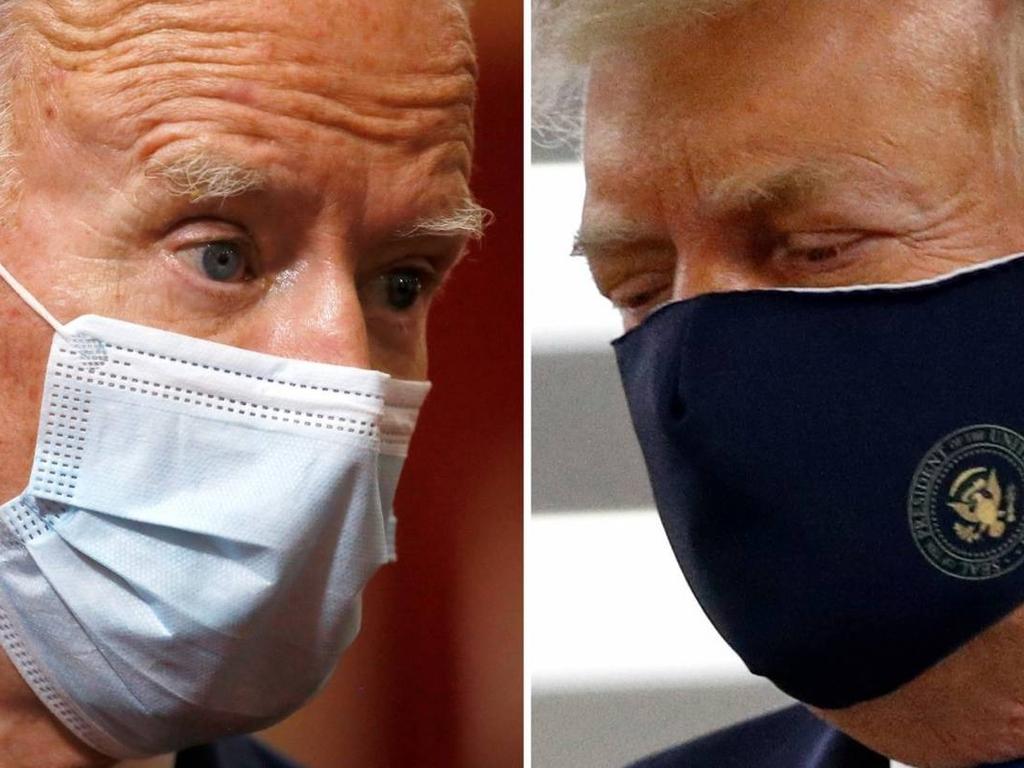
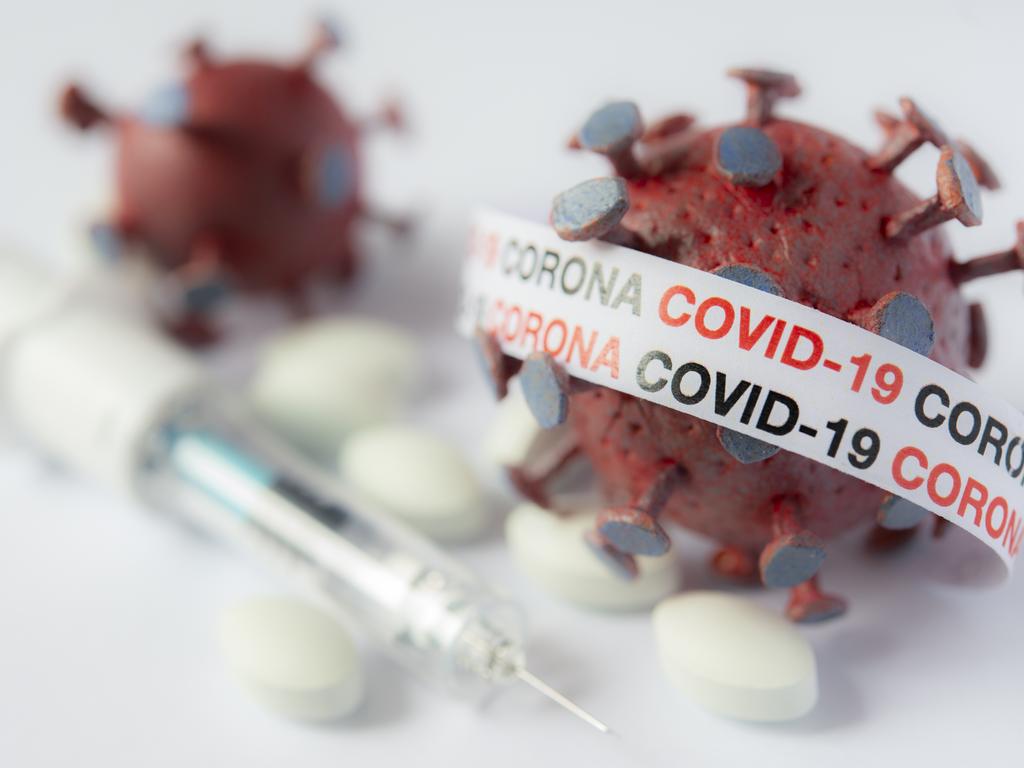
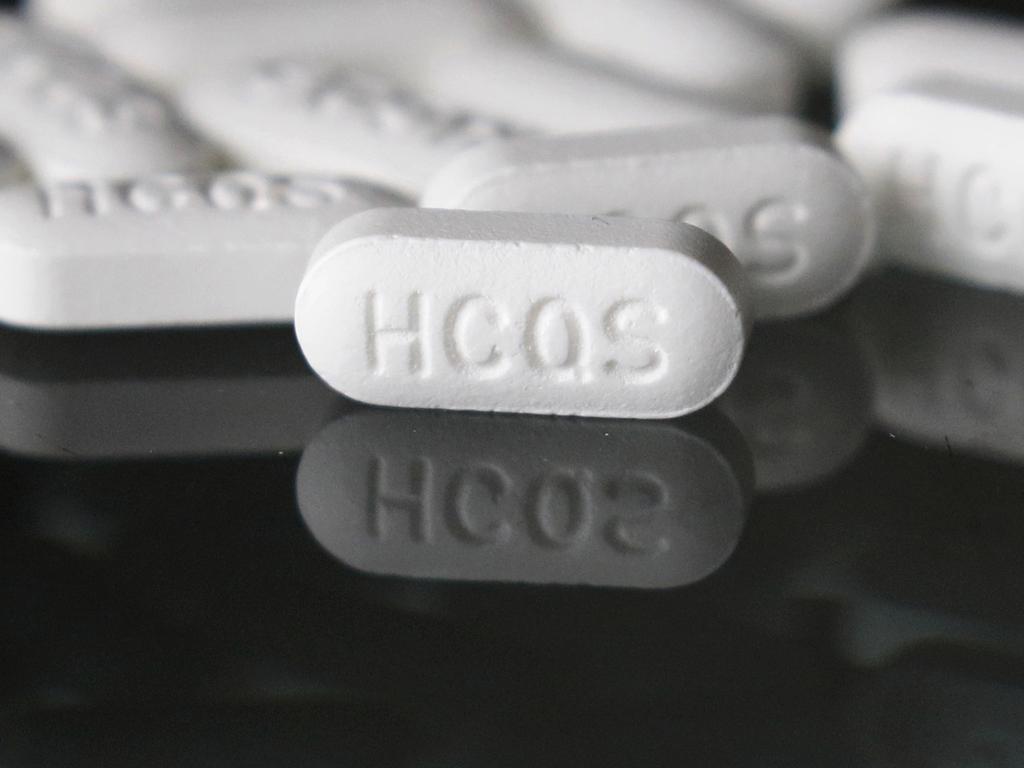
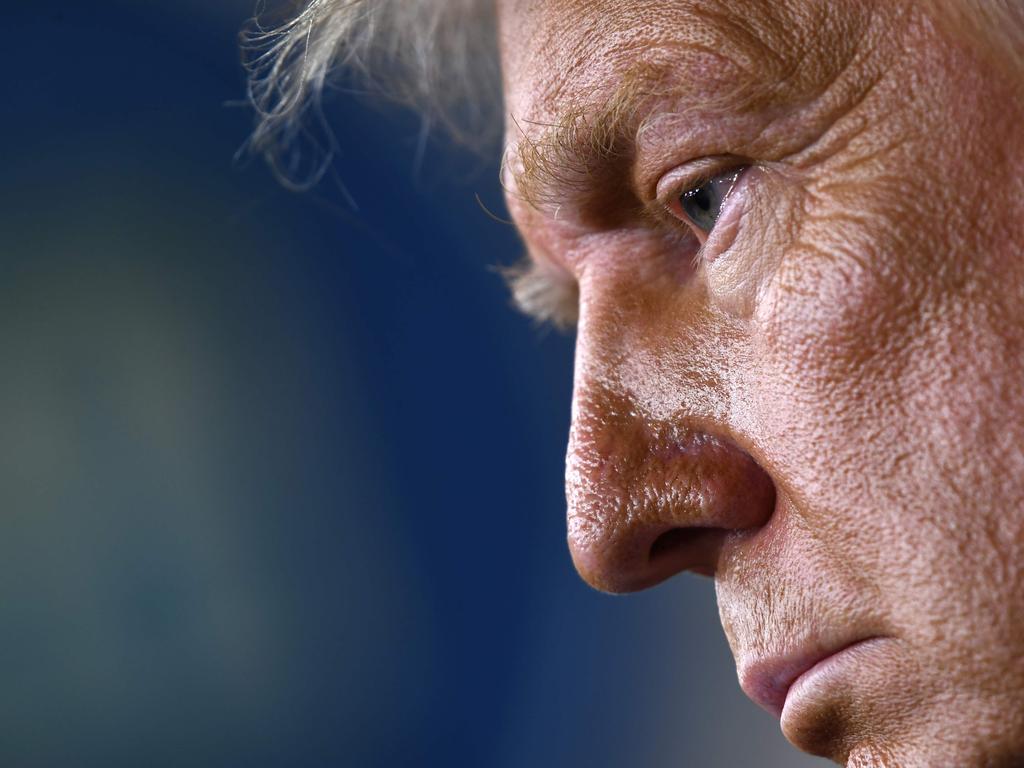
To join the conversation, please log in. Don't have an account? Register
Join the conversation, you are commenting as Logout